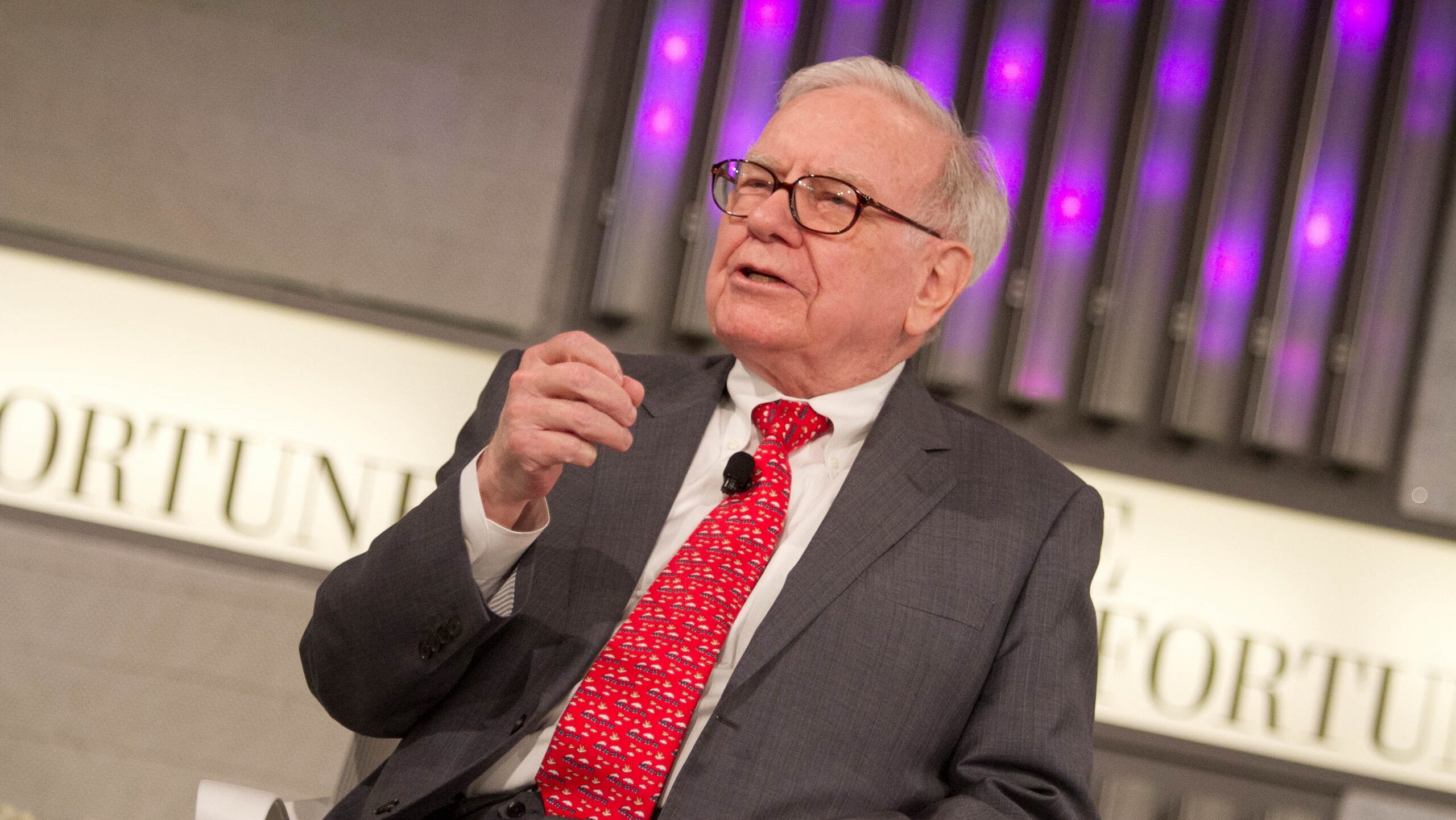A Message From Warren Buffett That Can’t Be Ignored
Al-Arab, London, August 8
If speculators follow Warren Buffett’s news to make quick profits, then institutions, large companies, and even governments must decipher the deeper implications behind his decisions, as they are signals that cannot be ignored. The crisis that rocked the world’s financial markets last week, resulting in the loss of more than $6 trillion within a few hours and being dubbed Black Monday, reminded me of another infamous day, Black Wednesday, which took place on September 16, 1992, when a financial crisis hit Britain. The root cause of the 1992 crisis was intense financial speculation against the British pound. The British government tried to maintain the pound’s value within the European Exchange Rate Mechanism (ERM). However, the government failed to support the pound amid mounting speculative pressure, ultimately leading to Britain’s withdrawal from the ERM and a significant decline in the pound’s value. To halt the pound’s collapse, the British government was forced to dramatically raise interest rates, which peaked at 15% during the crisis. This surge in interest rates led to a substantial increase in mortgage costs, rendering homeownership unattainable for many. Consequently, house prices plummeted, forcing many homeowners to sell their properties due to unaffordable mortgage costs. This sharp decline in housing prices had a detrimental effect on the British economy, as confidence in the housing market waned and took years to recover. The connection between Black Monday and Black Wednesday lies in speculation. During the British crisis, billionaire George Soros, a prominent hedge fund manager, made massive bets against the pound sterling, leading to its collapse and the financial ruin of many in Britain’s middle and lower-middle classes as their asset values fell below zero. Last Monday, initial blame was placed on weak US employment data, but as the dust settled, additional contributing factors came to light. Just as speculation triggered Black Wednesday, it also played a significant role in Black Monday. In financial markets, small speculators often follow the actions of large investors. Stock market traders closely monitor Warren Buffett, the “Oracle of Omaha,” renowned for his exceptional ability to predict market trends and make shrewd, profitable investment decisions. Two days before Black Monday, Buffett’s company, Berkshire Hathaway, announced a significant reduction in its positions, cutting its stake in Apple Inc., its largest holding. Market participants interpreted this as a sign that Buffett foresaw a steep market decline. On Saturday, this announcement was made, followed by Sunday when financial markets were closed. Come Monday morning, markets opened, and within hours, blood was shed from East Asia to Europe and the Americas, erasing over $6 trillion and leading the S&P 500 to lose about 3% of its value, with technology companies being among the hardest hit. Warren Buffett, celebrated for his remarkable insight into market trends, spurred speculation on what he might be thinking and how the market would respond to his moves. Bloomberg, having recently interviewed Buffett, provided some clarity. He mentioned that in the current context, he wouldn’t mind building a cash position, considering it very attractive compared to other available stock market alternatives given the global situation. Remarkably, there was no indication that Apple stock would suffer a decline in the near term, yet Buffett’s sale signaled that technology and telecom stocks had become overvalued, according to Bloomberg. Although Buffett does not focus on speculation and short-term trades, financial market participants often see his strategies as opportunities for swift profit. That’s precisely what transpired. The price collapse allowed opportunists to sell shares they didn’t own at peak prices and repurchase them at their lowest—all within a single day. What the markets lost at the opening, they had largely recovered by the close. Berkshire Hathaway’s substantial holdings of highly liquid assets have returned to pre-2008 financial crisis levels, a signal that cannot be overlooked. —Ali Qasim (translated by Asaf Zilberfarb)
This holiday season, give to:
Truth and understanding
The Media Line's intrepid correspondents are in Israel, Gaza, Lebanon, Syria and Pakistan providing first-person reporting.
They all said they cover it.
We see it.
We report with just one agenda: the truth.



